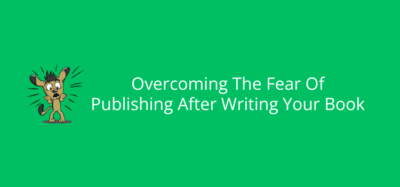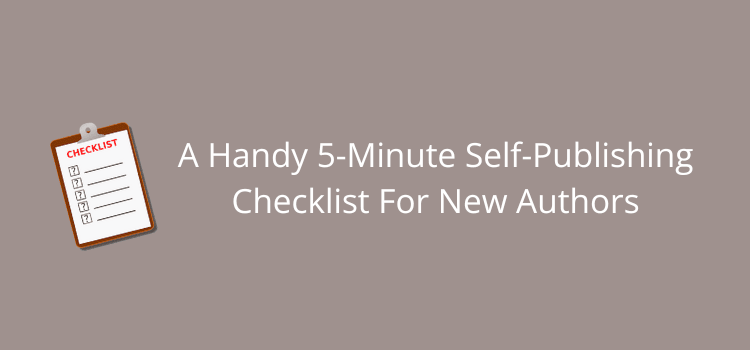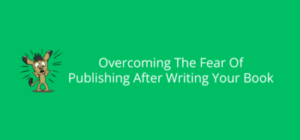The Surprising Phrases That Secretly Reveal You’re Unhappy—And How to Break Free
As soon as I started explaining my thoughts in simpler ways and also genuinely listening, I began to see that I wasn’t as alone in my experience as I assumed. Sometimes, all it takes is a willingness to share and a moment of curiosity about the other person’s world.
4. “Things will never get better”
This phrase is tricky because it often comes from a place of genuine pain. I’ve been there too, feeling like I was stuck in a loop of bad news or personal setbacks.
The problem is that when you say “Things will never get better,” you mentally close the door on your ability to visualize a brighter future. Psychologists often refer to this as a type of cognitive distortion called “catastrophizing,” where you assume the worst possible outcome will persist indefinitely.
What helped me was to take a step back and recall past challenges that eventually resolved or led me to a better path. Maybe I didn’t win every competition I entered, but I learned valuable lessons in resilience.
Reflecting on my history of bouncing back made me realize that nothing stays the same forever. Simply reminding myself that “I don’t know what the future holds, but it could be better than I think” can keep hope alive.
5. “I’m too old for this”
Believe me, I have said these words whenever I feel behind on the latest technology or physical trends (like trying rock climbing for the first time).
The issue with “I’m too old for this” isn’t just about age—it’s about a mindset that says your prime is behind you, and there’s no point in starting something new. But if you look around, there are countless examples of people in their 40s, 50s, or older taking up entirely new hobbies, careers, or passions.
When I caught myself saying “I’m too old for this,” I made a conscious effort to replace it with “It’s never too late to learn or try.” That shift opened up a world of possibilities.
Life doesn’t end after a certain milestone. There’s always an opportunity to grow, and adopting a beginner’s mindset can be incredibly freeing.
6. “I don’t care anymore”
I used this phrase back in a phase where I was burned out and didn’t want to face my goals or responsibilities. It was easier to say “I don’t care” than to admit I was afraid of failure or tired of the pressure.
However, in my experience, this mindset often masks feelings of defeat and sorrow. When I dug deeper, I realized I did care—I just didn’t believe I had what it took to push forward.
Recognizing that you actually do care is the first step to rekindling your motivation. Even if it’s something small—like re-engaging with a personal project or seeking help to handle a stressful situation—admitting that it matters to you is a powerful shift.
It gives you a reason to keep going, to seek solutions, and to reframe your outlook.
7. “I should have known better”
This phrase carries a heavy dose of shame and self-blame. I’ve muttered it whenever a decision didn’t turn out as planned, whether it was trusting someone who let me down or missing an opportunity.
“I should have known better” basically says, “I’m at fault for not having foresight or perfection.” In reality, nobody knows the outcome of every choice in advance. We do the best we can with the information we have at the time.
To combat this self-blame, I’ve learned to think, “I did the best I could then, and now I can use this experience to make a more informed decision next time.” This shift replaces shame with growth. It recognizes that mistakes are part of the learning curve of life.
Dwelling on how you “should have known” doesn’t help you move forward, but understanding why something happened and what to do differently does.
8. “I’m just unlucky”
I remember telling myself this every time I’d face a streak of minor inconveniences—maybe I lost my keys, got stuck in traffic, and spilled coffee all in one morning. And sure, sometimes it feels like the universe is out to get us.
But as James Clear notes in Atomic Habits, our repeated choices and small daily habits often have a bigger impact on outcomes than random luck. If I’m losing my keys constantly, maybe I need a better system for where I place them. If I’m stuck in traffic, maybe I need to leave earlier.
When I shifted my perspective from “I’m just unlucky” to “What can I do differently next time?” I took back a sense of control. This doesn’t mean bad things will never happen. It just means you’re more prepared and less likely to see yourself as a victim of fate.
Conclusion
Taking control of our inner dialogue isn’t an overnight transformation. I still catch myself slipping into old habits of negative self-talk when I’m tired or stressed.
But what I’ve learned from personal experience and from the research of brilliant minds in psychology and neuroscience is that awareness is the first—and most important—step.
Once you recognize these damaging phrases, you can replace them with more constructive, encouraging messages. It’s a practice, like learning a new skill or training for a marathon, and every day is an opportunity to get a little bit better at it.
As you shift your language, you’ll likely find that your outlook softens, your resilience grows, and you open up space for a more hopeful, satisfied life.













